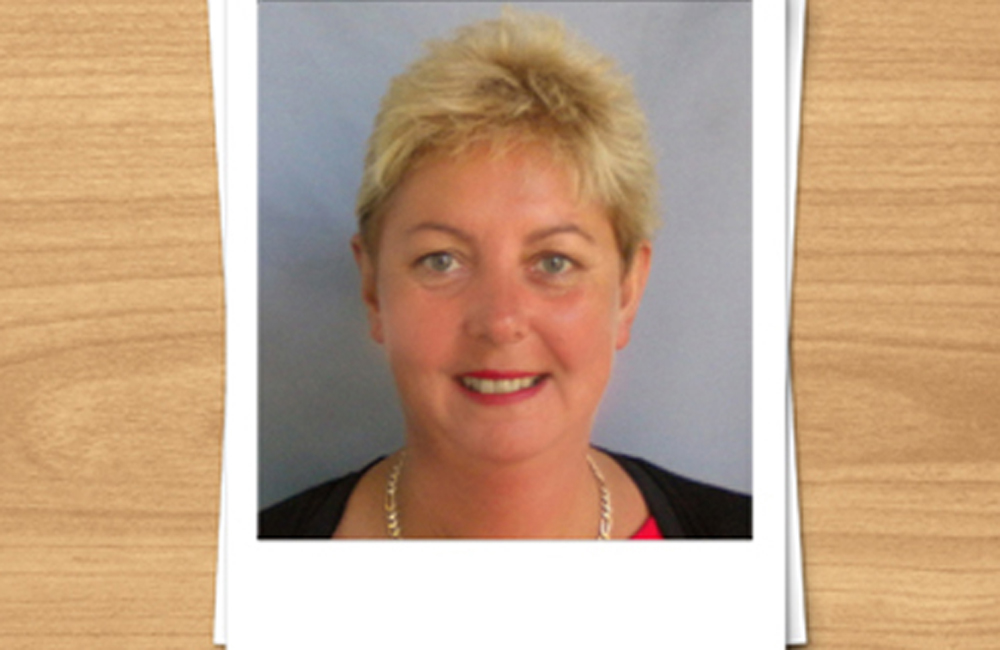Adjunct associate professor Lydia Dennett, chief nurse and midwifery officer for SA Health, looks to the complex challenges of the future with a focus on the individual.
Now that we’ve celebrated International Day of the Nurse and Midwife around the world, it’s time to reflect on this year’s themes.
Nurses – a force for change.
Midwives – changing the world one family at a time.
It is clear that both professions are drivers and leaders of change in a rapidly shifting healthcare landscape. Nursing and midwifery are also under pressure from many directions and this requires us to be creative and innovative but also resilient and agile.
The first decade of the 21st century has brought unprecedented challenges and opportunities for improvement in individual health. As we know, the global health environment is congested and not connected well. Old health problems persist and new ones have emerged. An explosion of technology, ageing populations, globalisation, migration, climate change, natural disasters and emergencies all increase the complexity of health. Ensuring continued innovation and change to further improve quality of care is essential. The advantages include focusing not only on quality care delivery and the efficient, effective use of resources, but also on giving satisfaction and self-fulfilment to the nurse and midwife. Not so long ago, nurses and midwives were task-workers who simply carried out doctors’ orders and followed a fixed set of rules. Today, we are skilled, capable and knowledgeable professionals whose expertise is essential to patient care and healthcare reform.
International experiences continue to inform us and, although they’re confronting at times, we can learn from others around the world. These activities have raised the community’s awareness of the role of our professions in achieving positive outcomes and have given us the impetus to reflect on our own care delivery and ensure that we are providing the best care possible.
So how do we as professionals maintain quality and consistently and constantly evidence and evaluate our practice whilst still focusing on patient outcomes? How do we as nurses and midwives put the patient at the heart of all care delivery?
The challenge is to keep nurses and midwives ‘person centred’, being able to translate the entanglement of emotional intelligence, values and skills into our day-to-day nursing and/or midwifery practice.
Building such a culture requires major changes, including learning how to talk to, and listen to, those we care for, creating a dialogue with them and finding a line of communication that best suits their needs. It means adopting new ways of providing care and overcoming our fears or learned behaviours. It also requires leadership. Transformative leadership drives safe, high-quality care delivery models and knowledge-driven care through practice-based evidence. Each of us has the unique privilege and opportunity to make a difference to the care we give every minute of every day.
In SA Health, we have introduced the Nursing and Midwifery Strategic Framework to assist, support and guide our nurses and midwives through the challenges outlined above, and at the same time allow all to remain focused on the connectedness to the person we are caring for with kindness and compassion.
Do you have an idea for a story?Email [email protected]
 Aged Care Insite Australia's number one aged care news source
Aged Care Insite Australia's number one aged care news source


I applaud the “person centred” approach, but am a bit tired of being told that this is a new approach, and that not so long ago we were all task centred handmaidens to our medical superiors. I trained in the hospital system in the 1970s, in the Nightingale School for Nursing at St Thomas’ Hospital in London, and we were constantly reminded of Miss Nightingale’s dictum that “every patient is an honoured guest” . Before we started on the wards, we had to interview a patient on our first ward, and explore with them their experience of illness and hospitalisation, and what it meant to them and their families, and for their future. We were encouraged to question precepts, seek evidence, and communicate with those in our care, their carers, our peers, our multidisciplinary colleagues, and to teach and be taught at every opportunity. And we also discussed what it means to care. I am saddened when clients and consumers I meet with nowadays, in my community based role, frequently ask “Don’t they care? ” , when recounting stories of hospitalisation and treatment in our modern health system. So, whilst we support and strengthen person centred care, please also acknowledge that, for many of us, this has been the back bone of our practice for decades.